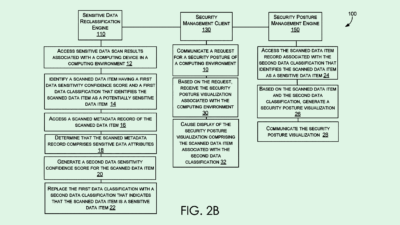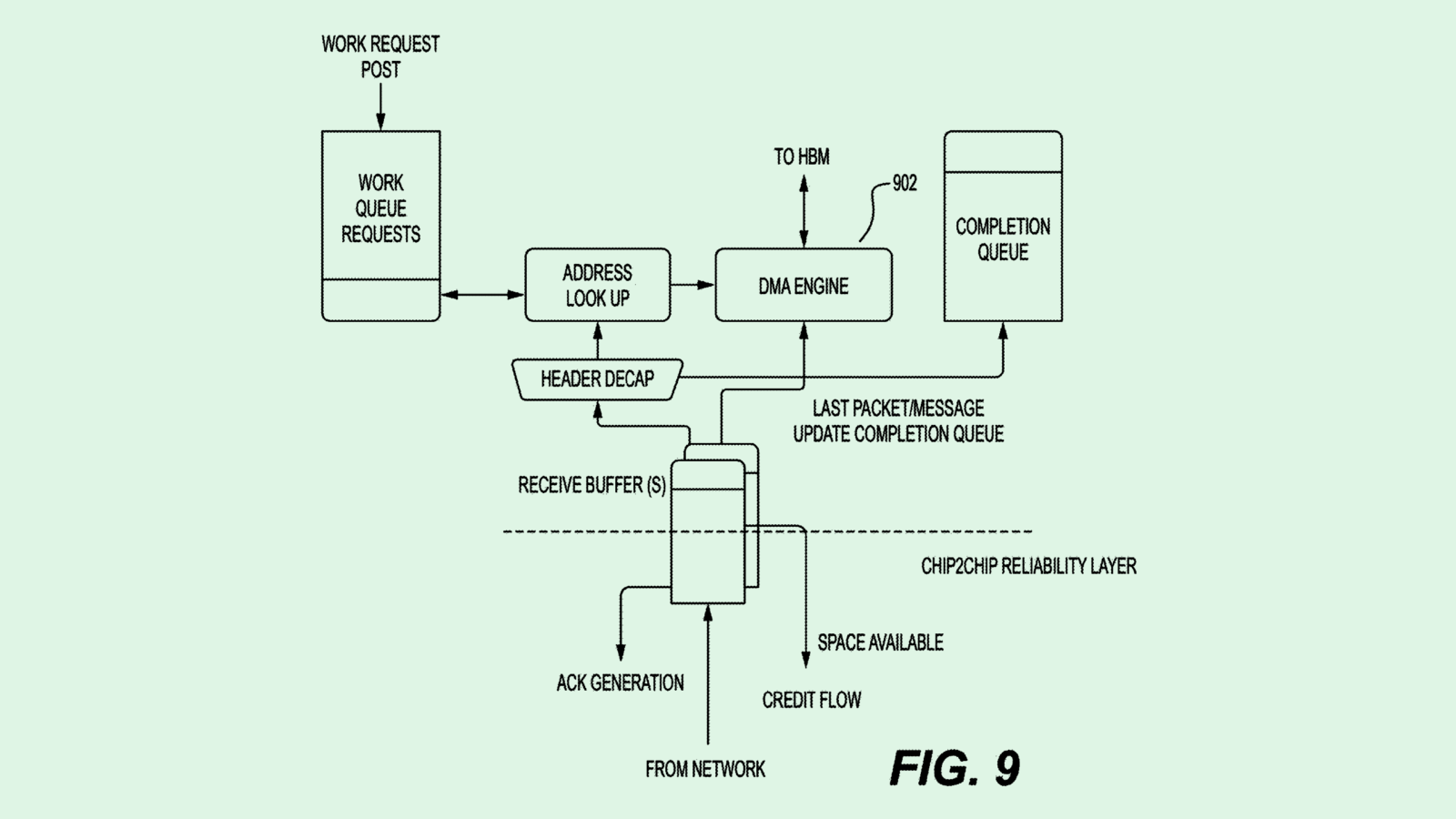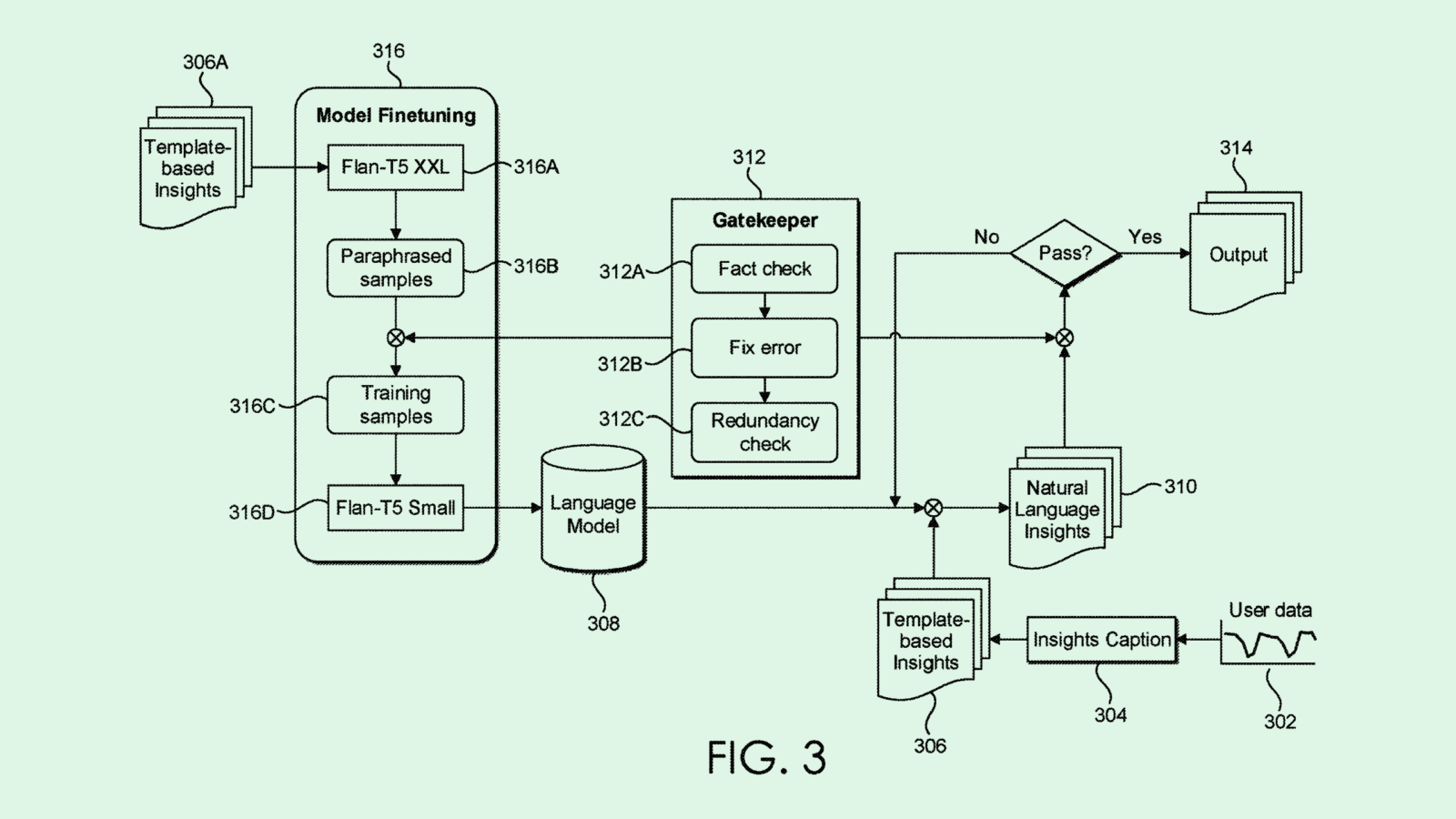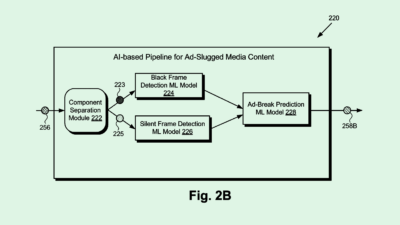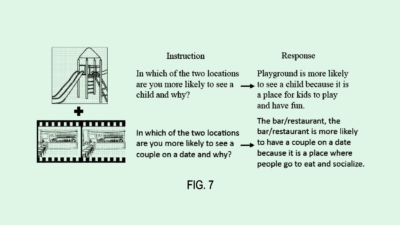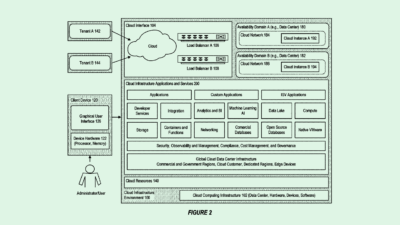Amazon Tries to Help Alexa Get Personal
Today, a patent application for making Amazon’s voice assistants more personal highlights the race – and roadblocks – to creation of an AI-powered Alexa.
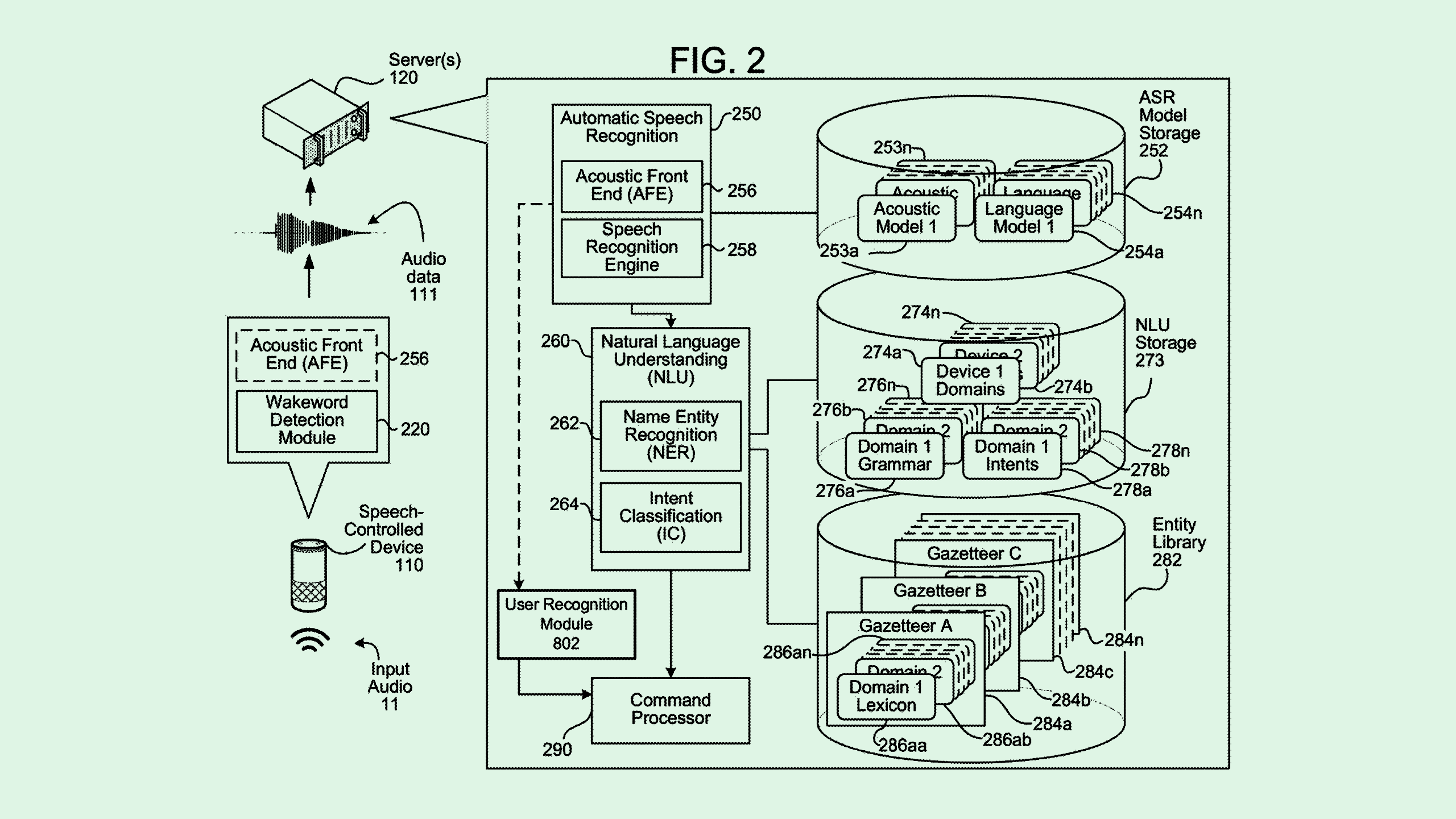
Sign up to uncover the latest in emerging technology.
Amazon wants to know who said what to Alexa.
The company is seeking to patent technology for “user recognition for speech processing systems” that would enable its digital assistant to identify exactly which user is giving it commands and provide more personalized responses.
While using multiple techniques to verify users, such as voice and facial recognition, may give a system higher confidence with identification, “such recognitions may add friction to the user’s interaction with the system and may be undesirable in certain circumstances,” Amazon said in the filing.
Amazon’s tech offers personalization without excessive identity verification, using just a user’s voice to unlock personal content if it matches only the “most stringent user recognition confidence threshold.” Meaning, if your Alexa isn’t entirely sure that you’re the one talking, your preferences are locked up.
“This may decrease [the] likelihood of undesirable operation of the speech processing system without increasing unintentional disclosure of data to unauthorized users,” Amazon said.
The system would take advantage of neural networks to detect and learn user voices then measure them against the confidence threshold each time a user speaks to their device. If the user does meet the threshold, Amazon’s tech may offer personalized responses, grant access to specific content such as music or recommendations, or enable secure purchases and transactions without additional authentication.
We’ve seen tech like this from Amazon before. The company has sought a number of patents to make its smart speakers more intuitive and personalized, including ways to recognize emotion and track environmental noises in users’ homes.
Patent applications like these make sense if Amazon wants to make these devices as useful as possible to owners, said Thomas Randall, advisory director at Info-Tech Research Group. With advanced machine learning, Alexa can recognize users’ habits and preferences, or provide additional security when interacting with minors, he noted. Doing so also embeds users more deeply into Amazon’s ecosystem of services, such as music, Prime Video and its e-commerce unit, he said.
“If it can differentiate between a household of different people, that’s something that can be very attractive,” Randall said. But unless the unit creates reliance on its services, it could “remain fairly flat for growth,” he added.
Patent applications like these feed into the company’s larger vision of giving Alexa an AI upgrade. The company has plans to embed Anthropic’s Claude generative language model into its devices. This adds to several partnerships and a series of investments in the startup, totalling $8 billion.
But Amazon has reportedly faced a number of roadblocks in getting its generative AI-powered assistant to market. According to Bloomberg, Amazon delayed a wider rollout of the tech until 2025. And Fortune reported that the system’s response times remain a major problem.
Working out the kinks could open the door for more than just consumer device revenue, said Randall. “It also might have an enterprise application in contact center solutions as well, where voice AI is becoming an important functionality,” he added.



